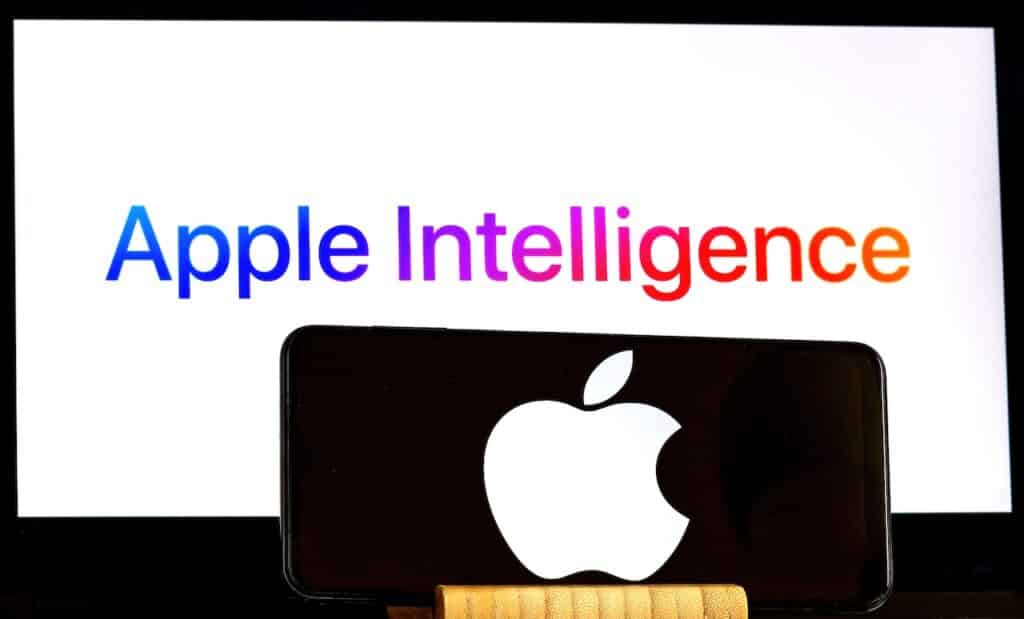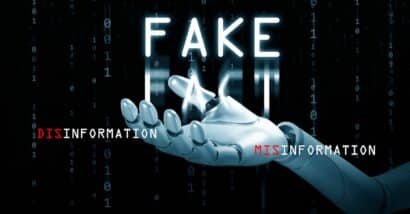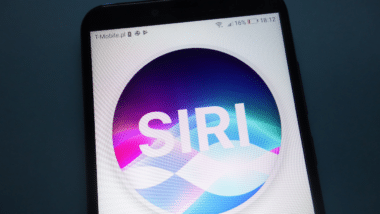
Apple AI class action overview:
- Who: Authors Grady Hendrix and Jennifer Roberson filed a class action lawsuit against Apple Inc.
- Why: Hendrix and Roberson claim Apple used pirated books to train its artificial intelligence (AI) models.
- Where: The Apple AI class action lawsuit was filed in California federal court.
Authors Grady Hendrix and Jennifer Roberson have filed a class action lawsuit against Apple alleging the company used pirated books to train its Apple Intelligence AI models.
Hendrix and Roberson argue Apple used Books3, a dataset of pirated copyrighted books that allegedly includes their published works, to train its OpenELM language models.
The plaintiffs claim Apple also likely trained its Foundation Language Models using the same pirated dataset.
“Plaintiffs and the Class are authors who have registered copyrights for their published works,” the Apple class action lawsuit says. “They did not consent to the use of their works in any Apple Intelligence model, including the Foundation Intelligence Models and OpenELM language models.”
Apple ‘concealed’ sources of training datasets, class action lawsuit claims
Hendrix and Roberson claim Apple did not compensate creators for use of their copyrighted works and “concealed” the sources of its training datasets to avoid legal scrutiny.
The plaintiffs claim Apple continues to retain a private AI training-data library, including thousands of pirated books, to train its future AI models without seeking consent or providing compensation.
“Apple has copied the copyrighted works of Plaintiffs and the Class to train AI models whose outputs compete with and dilute the market for those very works — works without which Apple Intelligence would have far less commercial value,” the Apple class action lawsuit says.
Hendrix and Roberson are demanding a jury trial and requesting declaratory and injunctive relief and an award of statutory damages, compensatory damages, restitution, disgorgement and attorneys’ fees for themselves and all class members.
The plaintiffs want to represent a nationwide class of individuals or entities who own a registered United States copyright in any work that was used for one or more of the Apple Intelligence Tasks during the class period.
Apple recently faced a class action lawsuit alleging it allowed malicious cryptocurrency apps in its App Store that led to the theft of consumers’ financial assets.
Do you believe Apple has ever used your copyrighted works to train the company’s AI models? Let us know in the comments.
The plaintiffs are represented by Benjamin Gould, Derek W. Loeser, Chris N. Ryder, William K. Dreher and Elizabeth W. Tarbell of Keller Rohrback LLP and Matthew Butterick of Butterick Law P.C.
The Apple AI class action lawsuit is Hendrix, et al. v. Apple Inc., Case No. 3:25-cv-07558, in the U.S. District Court for the Northern District of California, San Francisco Division.
Don’t Miss Out!
Check out our list of Class Action Lawsuits and Class Action Settlements you may qualify to join!
Read About More Class Action Lawsuits & Class Action Settlements:















27 thoughts onApple hit with class action lawsuit for using authors’ works in AI training
I believe it happened to me
I believe I qualify for this
Add me
Add me
I believe this happened to me